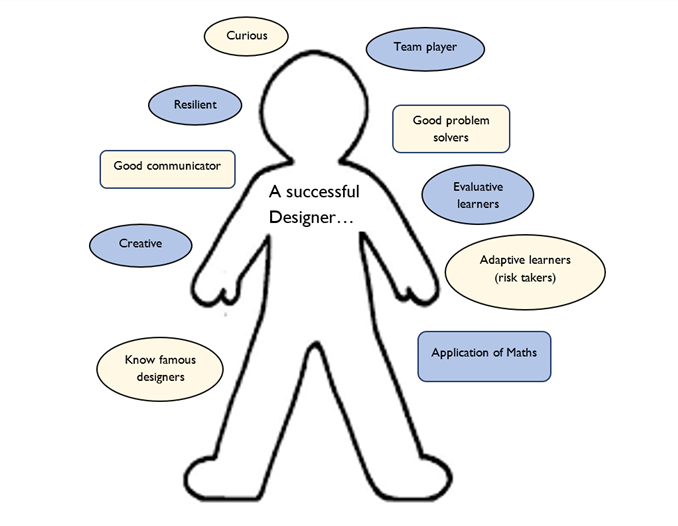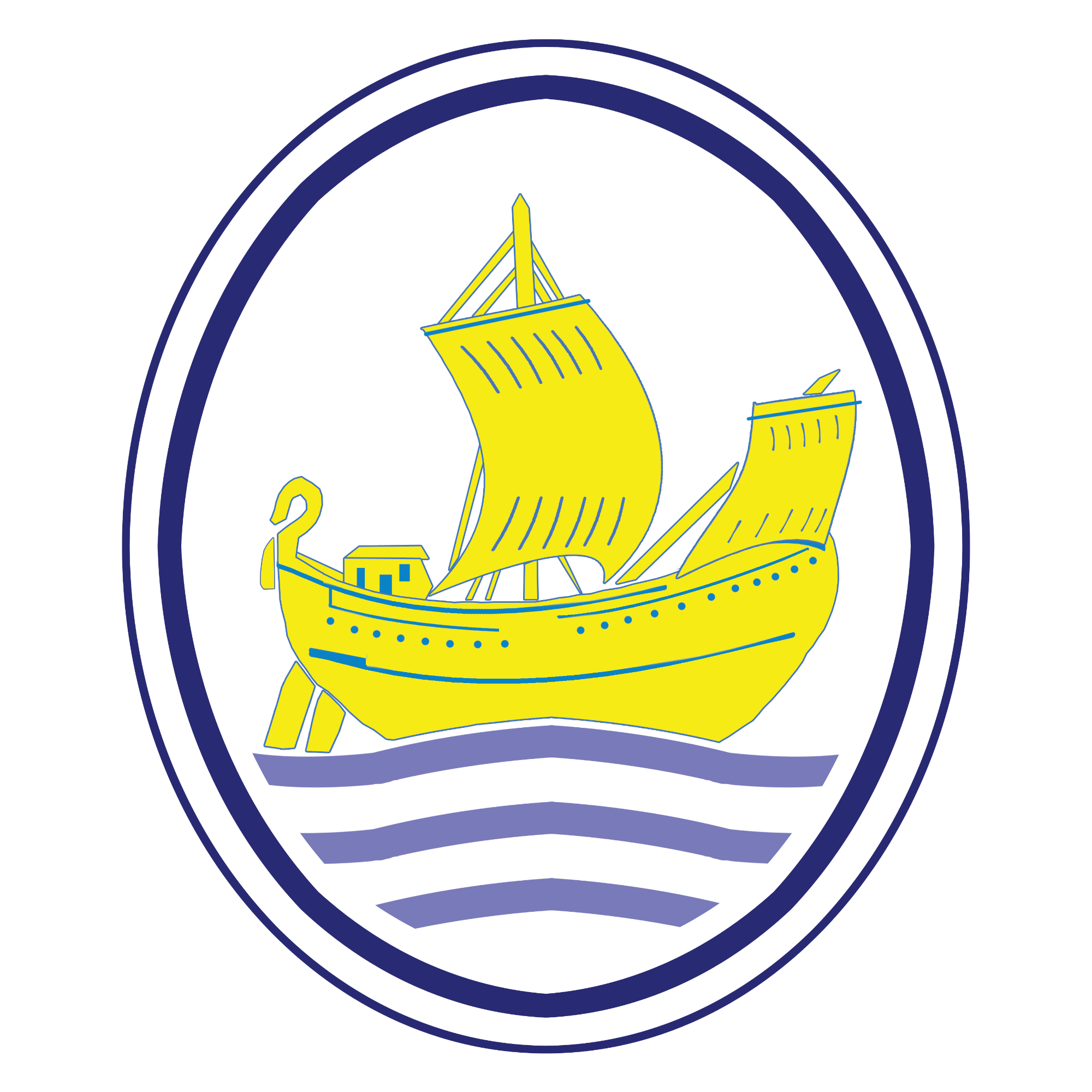Design Technology
DT is using different materials and processes to design, make and evaluate a range of useful, interesting products.

At St. Barnabas CE First and Middle School the curriculum develops and deepens children’s skills and knowledge in design and technology. Our progression map ensures that skills are taught progressively to ensure that all children are able to learn and develop as they move from Preschool through to Year 7.
Design technology is taught in weekly lessons, or as a block of lessons or can alternate with an art focus each half term. Teachers follow the D.T. Progression of Skills document which, after EYFS, is divided into the different areas of:
-
Food
-
Textiles
-
Structures
-
Mechanisms
-
Electrical Systems
Each of these areas will be further broken down to ensure that all children have the opportunity to :
-
Design
-
Make
-
Evaluate
-
Develop technical knowledge
The DT AssOciation (2019) scheme of work (Project on a Page) is used to ensure that all National Curriculum DT is covered and children have a wide experience of designing, planning and evaluating a range of products.
At St. Barnabas C.E First and Middle School we want our children to exercise their creativity through designing and making. D.T is an opportunity for children to learn new skills, become innovative designers and build resilience. At St. Barnabas we know we’re building the future, architects, designers, chefs, engineers especially as Worcester is home to some of the UK’s leading manufacturers including Worcester Bosch and Mazak. Therefore, we know the importance design technology has on our children to enable them to be employed by these larger companies in their future. The children will be taught how to work towards end goals to make a product, for someone (user) and for a purpose. During these lessons, children will be inspired by engineers, designers, chefs and architects to enable them to create a range of structures, mechanisms, textiles, electrical systems and food products with a real-life purpose. The skills learnt in D&T also help with learning across the curriculum for example – knowledge about the properties of materials helps in Science and the practice of measuring accurately helps in Mathematics.
